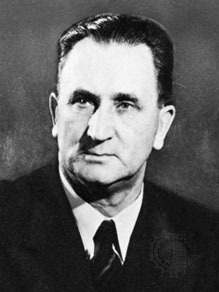|
Baasskap
''Baasskap'' () (also spelled ''baaskap''), literally "boss-ship" or "boss-hood", is an Afrikaans term that was used during apartheid to describe the social, political and economic domination of South Africa by its minority white population generally and by Afrikaners in particular. The term is sometimes translated to the English-language term "white supremacy" and functioned either as a description or an endorsement of white minority rule in South Africa. Proponents Proponents of ''baasskap'' constituted the largest faction of apartheid ideologues in the National Party and state institutions. They applied racial segregation in a systematic way to "preserve racial purity" and to ensure that economic and political spheres were dominated by Afrikaners. However, proponents of ''baasskap'' were not necessarily opposed to black South African participation in the economy if black labour was controlled in a way that preserved the economic domination of Afrikaners. Prominent propone ... [...More Info...] [...Related Items...] OR: [Wikipedia] [Google] [Baidu] |
White Supremacy
White supremacy or white supremacism is the belief that white people are superior to those of other races and thus should dominate them. The belief favors the maintenance and defense of any power and privilege held by white people. White supremacy has roots in the now-discredited doctrine of scientific racism and was a key justification for European colonialism. As a political ideology, it imposes and maintains cultural, social, political, historical, and/or institutional domination by white people and non-white supporters. In the past, this ideology had been put into effect through socioeconomic and legal structures such as the Atlantic slave trade, Jim Crow laws in the United States, the White Australia policies from the 1890s to the mid-1970s, and apartheid in South Africa. This ideology is also today present among neo-Confederates. White supremacy underlies a spectrum of contemporary movements including white nationalism, white separatism, neo-Nazism, and the Christ ... [...More Info...] [...Related Items...] OR: [Wikipedia] [Google] [Baidu] |

